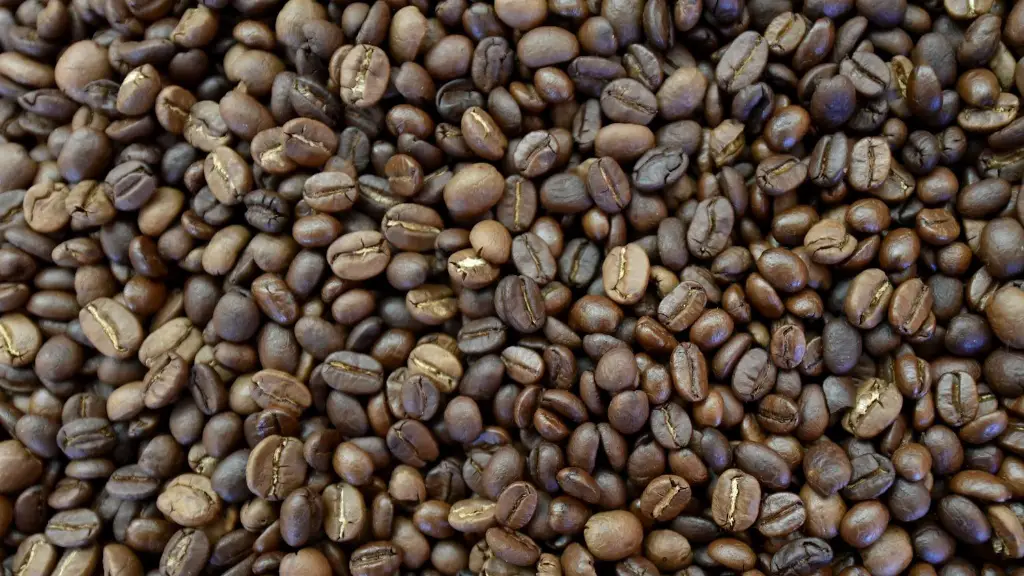Coffee is one of the world’s most popular drinks. It is enjoyed by millions of people daily for its unique flavour, aroma, and boost of energy. However, there are debates surrounding drinking coffee daily and its health implications. In this article, we will explore both the positive and negative aspects of drinking coffee daily.
The pros of drinking coffee are in abundance. Firstly, coffee has a high concentration of polyphenols, which are natural antioxidants that help prevent cell damage and reduce the risk of certain diseases such as cancer. In addition, coffee contains stimulants such as caffeine and theobromine, which benefit the body by increasing energy levels, sharpen concentration and boost alertness. Coffee is also known to speed up metabolism and help improve physical performance.
On the other hand, the cons of drinking coffee cannot be overlooked. Caffeine is a stimulant, which can lead to dependency and withdrawal symptoms once stopped, such as headaches and irritability. The high acidity and caffeine content of coffee can also increase the risk of conditions such as gastritis and acid reflux when consumed too much. In addition, too much coffee in a day may cause an increase in heart rate and blood pressure, thus negatively affecting people with pre-existing heart conditions.
While there are potential negative consequences of drinking coffee daily, it is important to remain informed on the benefits and risks. Health experts recommend drinking no more than 400 milligrams of caffeine a day and talk to a physician before making any drastic changes regarding your health and lifestyle.
Calorie Consumption
Unfortunately for some, a cup of coffee can contain several calories and additives. Milk, cream, and sugar are all great additions to coffee, making it more enjoyable – but such additions can also increase its calorie content. The calories of a regular cup of black coffee can range from 0 to 4 calories, depending on the size of cup and the type of coffee beans used. Meanwhile, adding sugars and creamers can easily add up to more than 200 calories.
With that being said, there are ways to decrease the calorie content of your coffee. Using a French press or pour over method to make a cup of coffee allows you to control the amount of water and beans used, thus controlling the strength and total calories of your cup. As an example, a cup of plain drip coffee contains around 8 calories. Replacing full-fat creamer with non-fat or almond milk as well as using artificial sweeteners can also significantly reduce the calories of a cup of coffee.
Coffee Alternatives
For those who do not enjoy the taste of coffee, there are several other energy-boosting drink options available. Herbal tea is caffeine free, but is still known to have alertness-promoting effects due to its antioxidant content. Another popular alternative is matcha, which it is made up of finely ground green tea and contains high amount of antioxidants. You can also choose to make your own juices or smoothies by blending in fresh fruits or vegetables. Doing so can provide your body with essential nutrients and natural sweetness.
Conclusion
Daily consumption of coffee can have both its pros and cons, as seen above. However, it is up to the individual to understand its effects and ensure that consumption is within their own limits. If you plan to drink more than two cups of coffee a day, it is important to pay attention to the nutritional information to avoid any potential adverse effects.
Health Benefits
Apart from providing an energy boost, coffee also has a number of health benefits when consumed in moderation. Studies have found that coffee can help reduce the risks of developing conditions such as Parkinson’s disease, depression, Alzheimer’s and various forms of cancer. It can also help protect against type-2 diabetes, stroke, and arthritis. Moreover, drinking coffee daily can help increase levels of ‘good’ cholesterol, or HDL, which is beneficial for cardiovascular health.
The benefits of drinking coffee can also extend to mental health. Caffeine is known to promote alertness and concentration, which can positively affect academic and work performance. Furthermore, coffee also has mood-enhancing effects and is known to reduce the risk of developing depression and suicide.
Side Effects
Although coffee has its benefits, it can lead to certain side effects when consumed in excess. Drinking too much coffee can cause anxiety and stress due to its high caffeine content. In addition, coffee can also lead to insomnia, nausea, and rapid heartbeat. To reduce the negative effects of coffee, it is advisable to consume it in moderation and avoid adding unhealthy ingredients such as milk, cream, and sugar to your coffee.
Coffee Consumption Trends
In recent years, coffee consumption has increased rapidly around the world. According to a study by the International Coffee Organisation, global coffee consumption was recorded at 11.1 kilograms per capita in 2019 and is expected to reach 11.5 kilograms per capita by 2023. The rise in coffee consumption can be attributed to the development of cafés and specialty coffee shops, which are popular among millennials.
The coffee industry itself has also evolved over the years, with more and more coffee lovers opting for plant-based milk. According to a survey conducted by the National Coffee Association, 61% of coffee drinkers in the United States and Canada drink coffee with plant-based milk. Moreover, coffee lovers are also increasingly opting for sustainable coffee made from beans that are ethically sourced.
How to Maximise the Benefits of Coffee
The key to maximising the benefits of coffee is moderation. A good rule of thumb is to limit coffee intake to no more than two cups of espresso-based coffee per day, or four cups of brewed coffee with milk or other additives. When choosing coffee, opt for stronger espresso-based drinks, like cappuccinos or lattes, which contain fewer milligrams of caffeine than brewed coffee.
It is also advisable to pay attention to the added ingredients and opt for low-fat milk or nut milk as a substitute for creamer and sugar. Furthermore, it is important to switch up your coffee routine and opt for healthy snacks like fruits and nuts, as well as other beverages such as tea and juices. By doing so, you can enjoy the benefits that coffee has to offer while avoiding potential negative effects.



